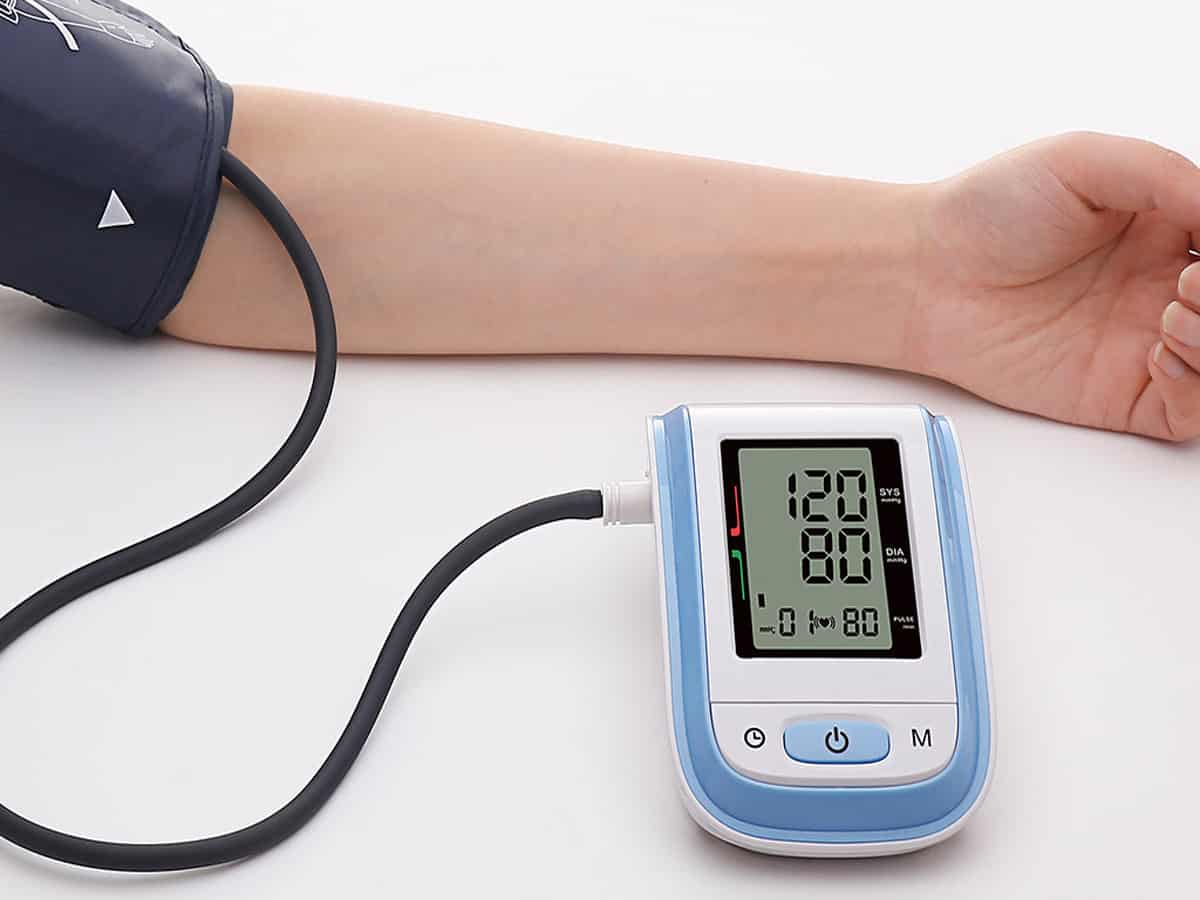London: Long-term consumption of lingonberry juice lowers high blood pressure and improves the functions of blood vessels, reveals an experimental study.
At some point in their lives, many people develop elevated blood pressure, even hypertension and functional disturbances in blood vessels related to low-grade inflammation.
In addition to drug therapies, nutrition has a key role in the management of these disorders.
Studies have shown that polyphenol-rich food reduces the risk of cardiovascular diseases.
Lingonberry, bilberry, cranberry and blackcurrant are excellent sources of polyphenols.
“Lingonberry juice is no substitute for medication, but it is a good dietary supplement,” said researcher Anne Kivimaki from University of Helsinki in Finland.
Both lingonberry and cranberry are part of the Vaccinium family of plants, just like bilberries blueberries and huckleberries.
In her doctoral thesis, Kivimaki investigated the cardiovascular effects of cold-pressed lingonberry juice, cranberry juice and blackcurrant juice as drinking fluid for 8-10 weeks on genetically hypertensive rats (SHR).
Diluted lingonberry juice significantly lowered high blood pressure while juice that contained more polyphenols improved impaired blood vessel function to the level of healthy vessels, the results showed.
The juice did not prevent the age-related elevation of blood pressure typical to the hypertensive animal strain.
Lingonberry juice prevented the expression of genes associated with low-grade inflammation in the aorta. The effect of other berry juices was less marked, showed the findings.
Underlying the effect is probably the reduction of low-grade inflammation as well as mechanisms related to the renin-angiotensin system, a central regulator of blood pressure, and the availability of nitric oxide, a local endothelial vasodilating factor, said the study.

